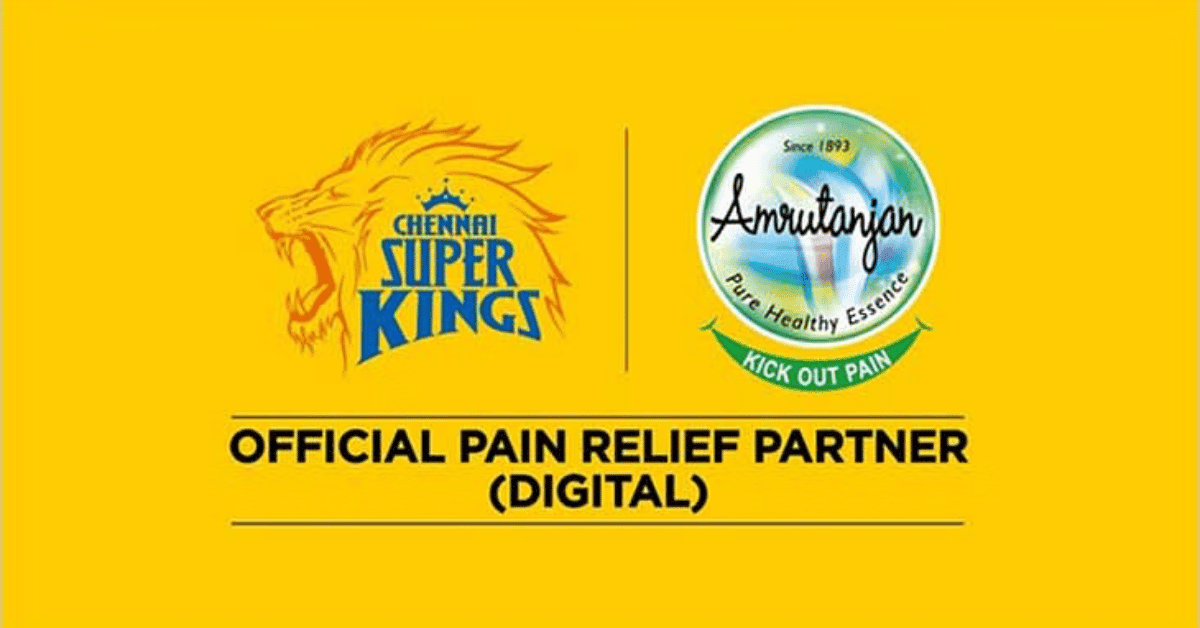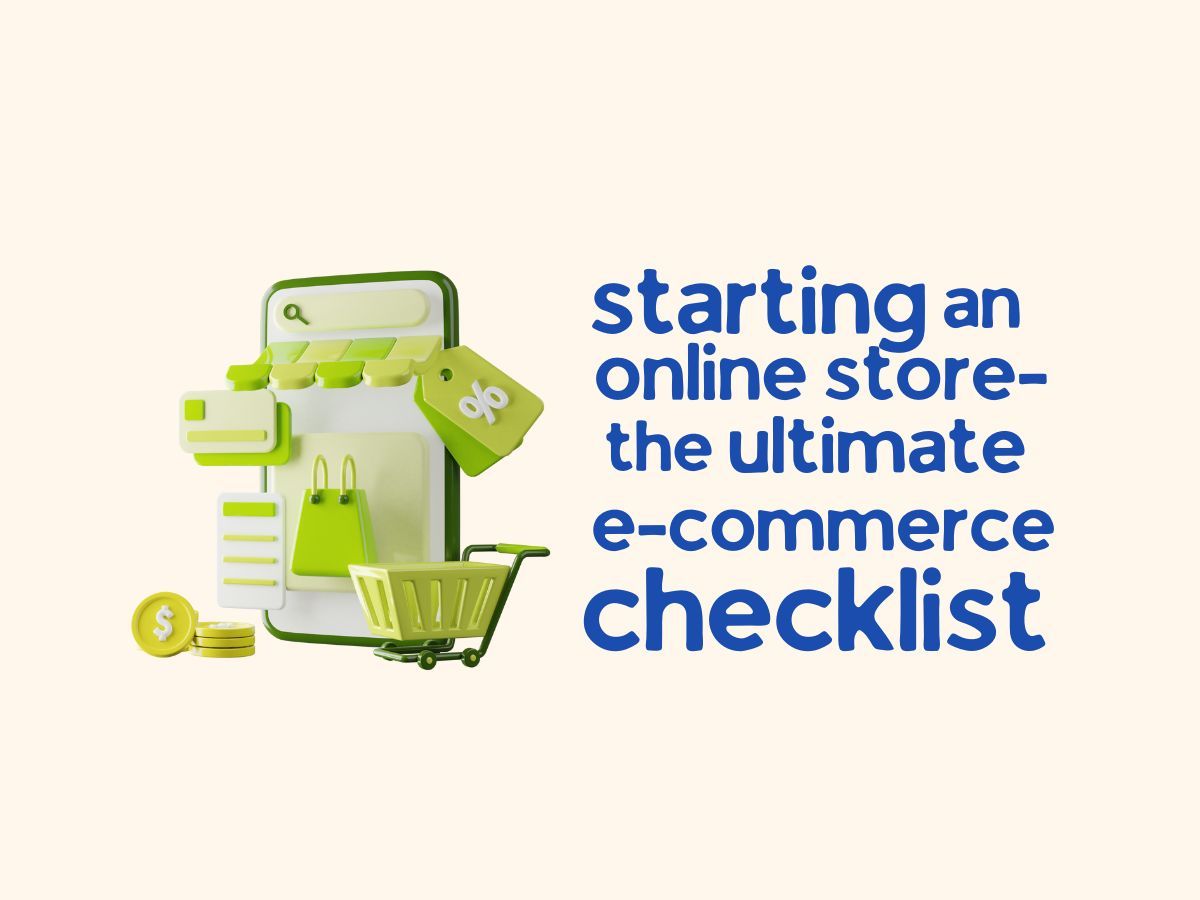The 21st century has seen a proliferation of digital technologies in healthcare, allowing for more efficient and accessible medical care. In this article, we will take a comprehensive look at the current state of digital transformation in healthcare, and examine the key trends, technologies, and strategies that are driving this change.
The Digital Healthcare Revolution
The 21st century has witnessed a significant shift in healthcare towards digitization. The use of electronic medical records (EMRs), cloud-based systems, and telemedicine has enabled healthcare providers to offer more efficient and convenient services to patients.
The COVID-19 pandemic has further accelerated the adoption of digital technology in healthcare, as it has become necessary to provide healthcare remotely to patients and healthcare providers.
From virtual consultations to online prescription renewals, the digitalization of healthcare has made it easier for patients to access medical care and for healthcare providers to manage patient information.
The Importance of Digital Transformation
The adoption of digital technology in healthcare brings a multitude of benefits. Firstly, it improves patient outcomes by providing healthcare professionals with real-time access to patient information, enabling them to make more informed decisions. Secondly, it streamlines operations by automating manual processes, reducing errors, and increasing efficiency.
Additionally, digital solutions such as telemedicine and e-commerce are providing patients with greater access to healthcare services in rural or underserved areas. In the wake of the COVID-19 pandemic, digital healthcare solutions have become a lifeline for many people, enabling them to continue to access medical care while minimizing the risk of transmission.
The Rise of Digital Health
The rise of digital health can be attributed to several factors. One major factor is the increasing demand for healthcare services due to an aging population and a growing global population. Another factor is the rapid advancements in technology, such as cloud computing, artificial intelligence, and the internet of things, which have made it possible to collect, store, and analyze large amounts of data.
Additionally, the COVID-19 pandemic has accelerated the need for digital solutions in healthcare, as it has become necessary to provide healthcare remotely to patients and healthcare providers.
The Future of Digital Health: Key Trends
Digital transformation in healthcare is being driven by several key trends, and these trends are likely to continue shaping the industry in the future.
Telemedicine
One of the most notable trends is the increasing use of telemedicine, which enables patients to consult with healthcare professionals remotely. This trend is particularly beneficial for patients in underserved or rural areas who may not have access to healthcare services nearby. Additionally, the COVID-19 pandemic has accelerated the adoption of telemedicine as it has become necessary to provide healthcare remotely to patients.
Wearables and IoT
Another trend is the use of wearables and other digital devices to collect patient data and enable remote monitoring. From fitness trackers to smartwatches, wearables can track a wide range of health metrics, including heart rate, sleep patterns, and activity levels, and provide real-time insights into patients’ health. Additionally, IoT devices are being used in hospitals and clinics to streamline operations and improve patient care.
Artificial Intelligence
Machine learning and artificial intelligence are being used to analyze patient data and identify patterns, which can help healthcare professionals to make more informed decisions. From predicting patient outcomes to identifying at-risk individuals, AI is enabling healthcare providers to improve patient care and lower costs.
E-commerce Marketing in Healthcare
E-commerce marketing is playing a significant role in driving digital transformation in healthcare. By leveraging e-commerce platforms, healthcare providers can expand their reach and serve more patients. Online appointment booking, telemedicine, and home delivery of prescription drugs are some of the ways that e-commerce marketing is being used in the healthcare industry.
Additionally, through digital marketing strategies such as SEO, PPC, and social media marketing, healthcare providers can effectively target and connect with potential patients. These strategies allow healthcare providers to build trust and create a sense of connection with patients, even when interactions are taking place remotely.
With the rise of telemedicine, e-commerce marketing in healthcare has also become increasingly important. Patients can now easily book virtual consultations, purchase prescription drugs online and have them delivered to their homes, and even order medical equipment online. This not only provides patients with more convenient access to medical care but also helps healthcare providers to reach more patients and boost their revenue.
Challenges and Opportunities
While digital transformation in healthcare is bringing many benefits, some challenges must be addressed. One major challenge is data security, as the increased use of digital technology raises the risk of data breaches and cyber-attacks.
Additionally, the rapid pace of change in the industry can make it difficult for healthcare providers to keep up with the latest trends and technologies. Despite these challenges, there are also many opportunities for healthcare providers to improve patient care, increase revenue, and streamline operations.
One such opportunity is the use of data analytics, which can help healthcare providers to identify patterns and trends in patient data, and make more informed decisions. Additionally, the use of digital technology can also help healthcare providers to reach and serve more patients, particularly in rural or underserved areas.
Conclusion
In conclusion, digital transformation in healthcare is rapidly changing the way the medical industry operates. The adoption of digital technology in healthcare is improving patient outcomes, streamlining operations, and providing patients with greater access to healthcare services.
E-commerce marketing is playing a significant role in driving this change by enabling healthcare providers to reach and serve more patients through online channels. As technology continues to advance, we can expect to see even more innovations in the healthcare industry, and it will be important for healthcare providers to stay updated on the latest trends and technologies to improve patient care and increase revenue.
To stay up to date on the latest trends and opportunities in digital healthcare, be sure to subscribe to our newsletter and follow us on social media. By doing so, you’ll be the first to know about new developments and opportunities in the industry.


















